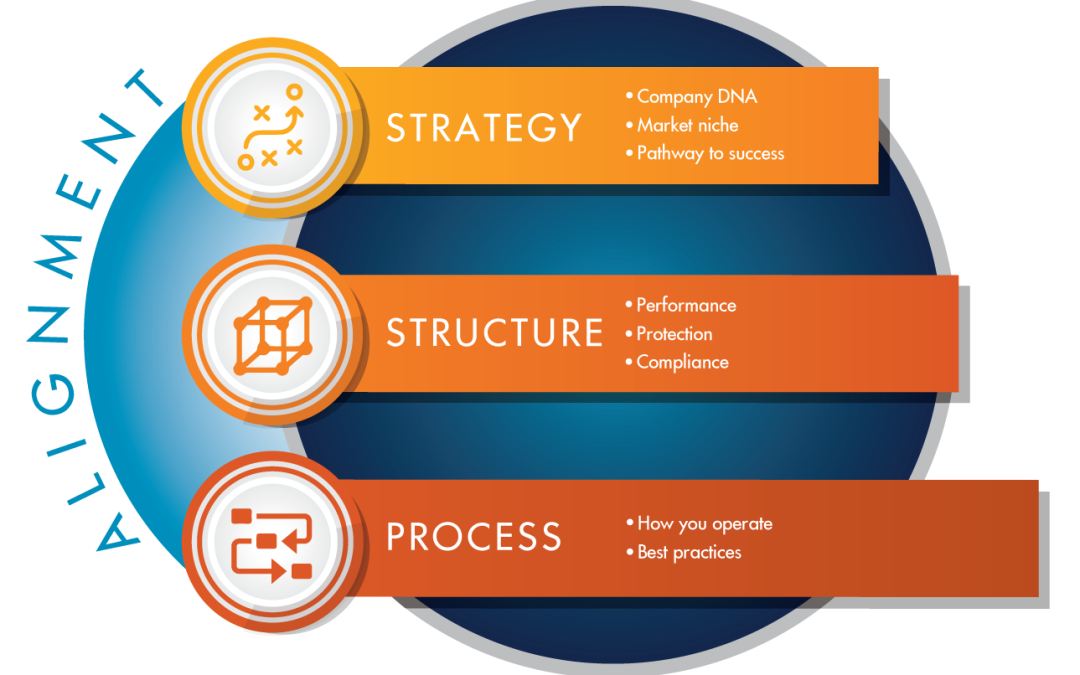
by Kevin | Feb 6, 2024 | change, Leadership, Process, Strategy, Structure
Some part of your business isn’t working. The hard part is identifying where the problem lies. You may know that your products may need to be refreshed, or that you need to invest in new software to support critical functions. Sometimes the problem is more elusive. ...

by Kevin | Feb 6, 2024 | Accountability, Fractional COO, Organizational Health, Process
Lee Iacocca said “in the end, all business operations can be reduced to three words: people, product, and profits.” If you asked someone to define “operations”, what answers would you get? Probably statements ranging from “processes” to “getting stuff done” or “I’m...

by Kevin | Feb 6, 2024 | Operational Health, Process
Process is the most basic element of operations. In a nutshell, it is how you deliver your products or services. You probably have several processes that define the steps your teams perform the essential tasks that produce revenue and drive customer satisfaction....





